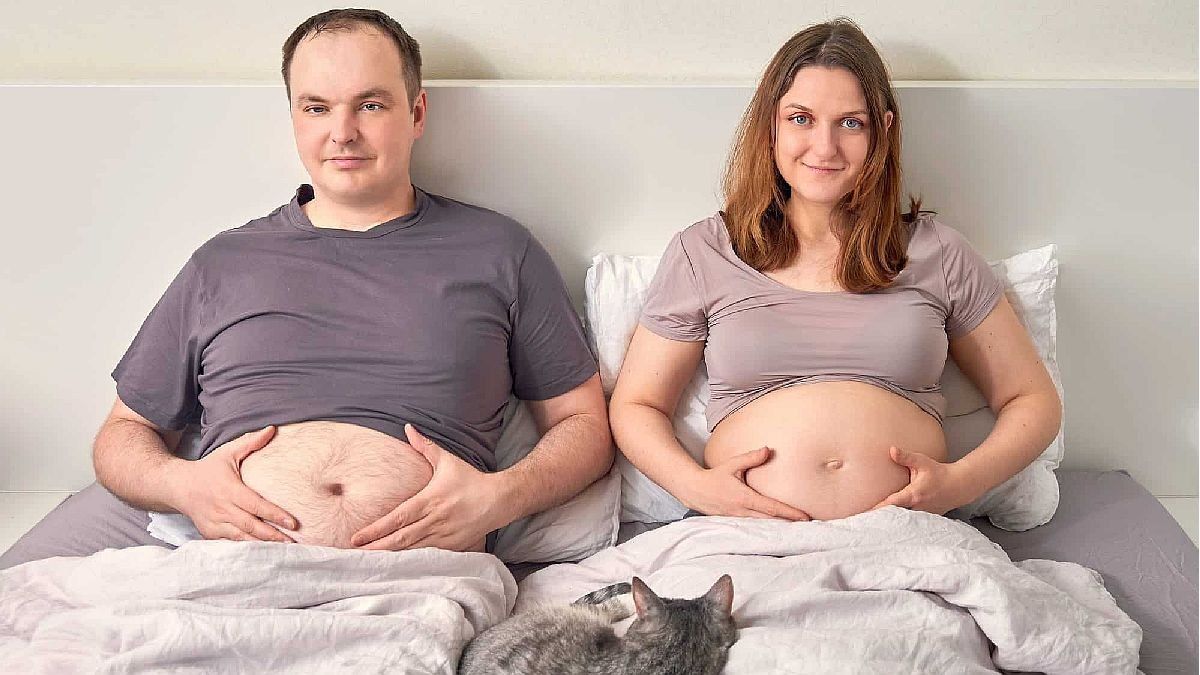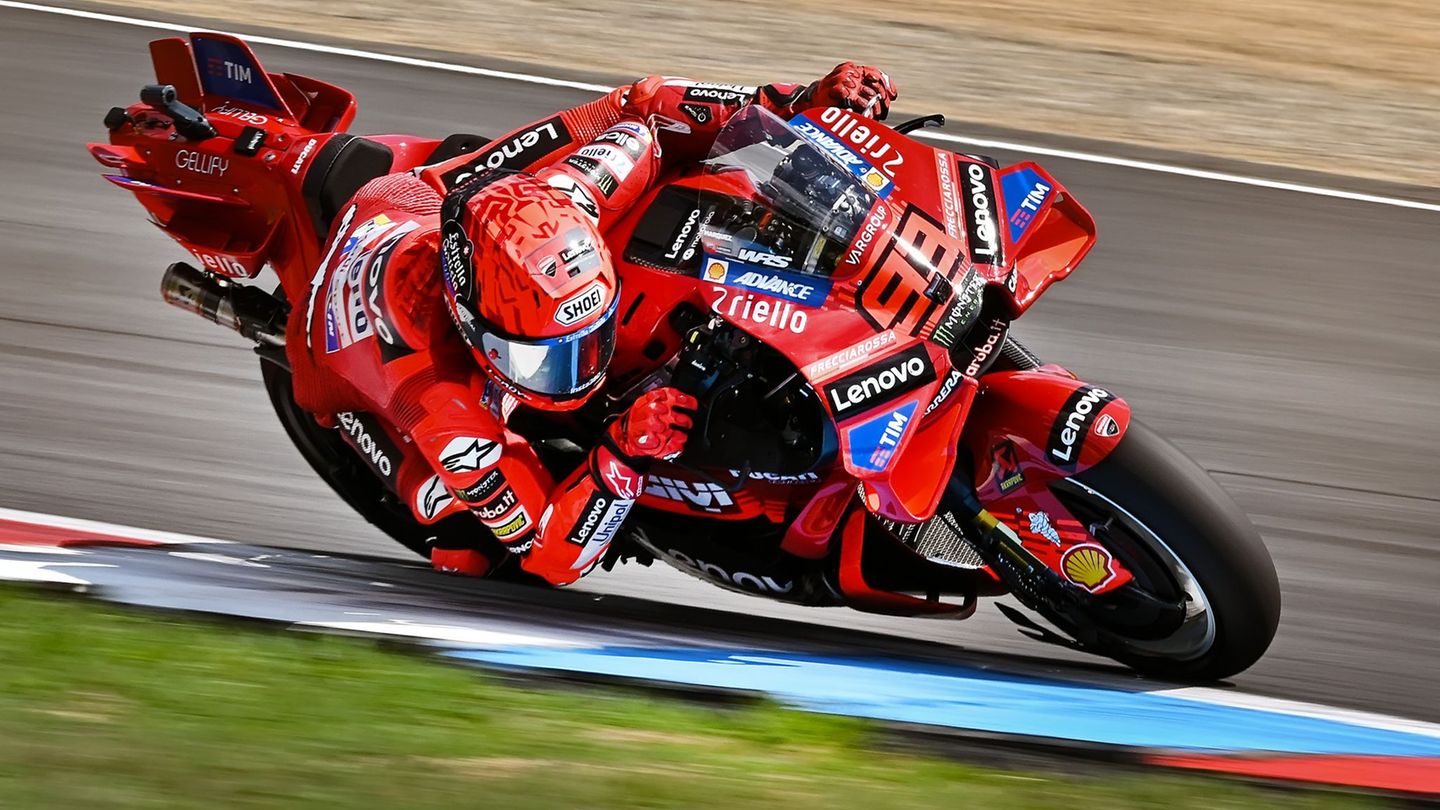But What about the desire for a son in the man? In him, historically, this desire was linked to the need for descendants, the continuity of the surname and the maintenance of the lineage.
Later, when this theme began to be studied from psychology, great importance was attached to the envy of men to women for their reproductive and maternal capacity, functions that would be for her a guarantee of survival in the face of death anguish. From this perspective, the impossibility of motherhood would be experienced by the man as a frustration.
Some authors mention that in the early stages of male childhood a desire to have a baby in his womb would arise, identifying with the pregnant mother. This experience would later be repressed, especially for cultural reasons.
Social objections to children playing “mommy” are also known to be at the root of inhibition to future parenthood.
PAG26-PREGNANT_opt.jpeg
Measure. The decision implies a more equitable and inclusive regime for those who are parents.
The woman is provided with an anatomy that gives her the biological capacities for gestation and childbirth. She experiences bodily experiences as a result of the growth of the baby in her womb, nausea, vomiting, tension in the breasts, etc. that man lives through imagination and empathy, uncertainty and curiosity.
has been called “Couvade syndrome” to the set of bodily sensations that some men experience along with their wives when they are pregnant. This denomination derives from a custom of some primitive tribes in which the man lay down simulating labor pains to accompany his wife in childbirth.
Donald Winnicot has mentioned the existence of feminine and masculine elements in both men and women, which are part of the identity of all human beings and which are fundamental for the upbringing and constitution of the “I” of the child.
In recent times there have been important changes in relation to new family configurations: For example, today the law grants a place to filiation -and, consequently, to paternity/maternity- derived from assisted human fertilization techniques. The new thing that he proposes is the idea of “procreational will”, which could be equivalent to what psychoanalysts call “desire for a child”. A place within the law is given to the link between someone who wants to carry out a parental project because they so wish and the child born, despite the fact that there are no biological ties at stake.
Couvade syndrome.jpg

Kinship “by affinity” is also contemplated, that is, the relationship that arises between people who, without being relatives (for example, between the mother’s new partner and her son), “choose” and behave as if they were. This is why the denomination of “related father or mother” has been proposed to discard the pejorative term of “stepfather” or “stepmother”.
The term “patria potestas” has been replaced by that of “parental responsibility”, since the first made us think of the idea of a man-provider, head of the household, owner of the house, of the wife and of the children, etc. But this apparent power left him in a peripheral place -or in case of separation, in a visitor role- and placed the mother on the side of her affection and instinct, presupposing a better aptitude for childrearing.
The debates around the abortion law -based on the woman’s right to decide on her own body- became more complex when the voice of men began to be heard demanding to be taken into account when their partner decides the fate of the unborn baby.
Much water has run under the bridge. Today the roles based on gender differences have changed substantially. They are more shared and sometimes interchangeable. It is nothing new that women go to work alongside men and that they can function as “suppliers” at home and that men do the shopping, cooking and changing diapers. And that the desire for a child is no longer exclusive to women.
The feeling of paternity is built and can go through different vicissitudes. Having a child does not automatically produce its affective correlate. Contrary to what is believed, feeling it as one’s own is part of a mutual process, back and forth, subject to complex ups and downs. That’s why it is it is necessary for parents and children to adopt each other, in addition to existing as such within a family and a society. And this is a permanent process, which must be renewed in the different stages of life.
Member of the Argentine Psychoanalytic Association. Specialist in couples and families. Specialist in children and adolescents. She is the author of the book “La familia y la ley. Conflicts-Transformations”.
Source: Ambito




